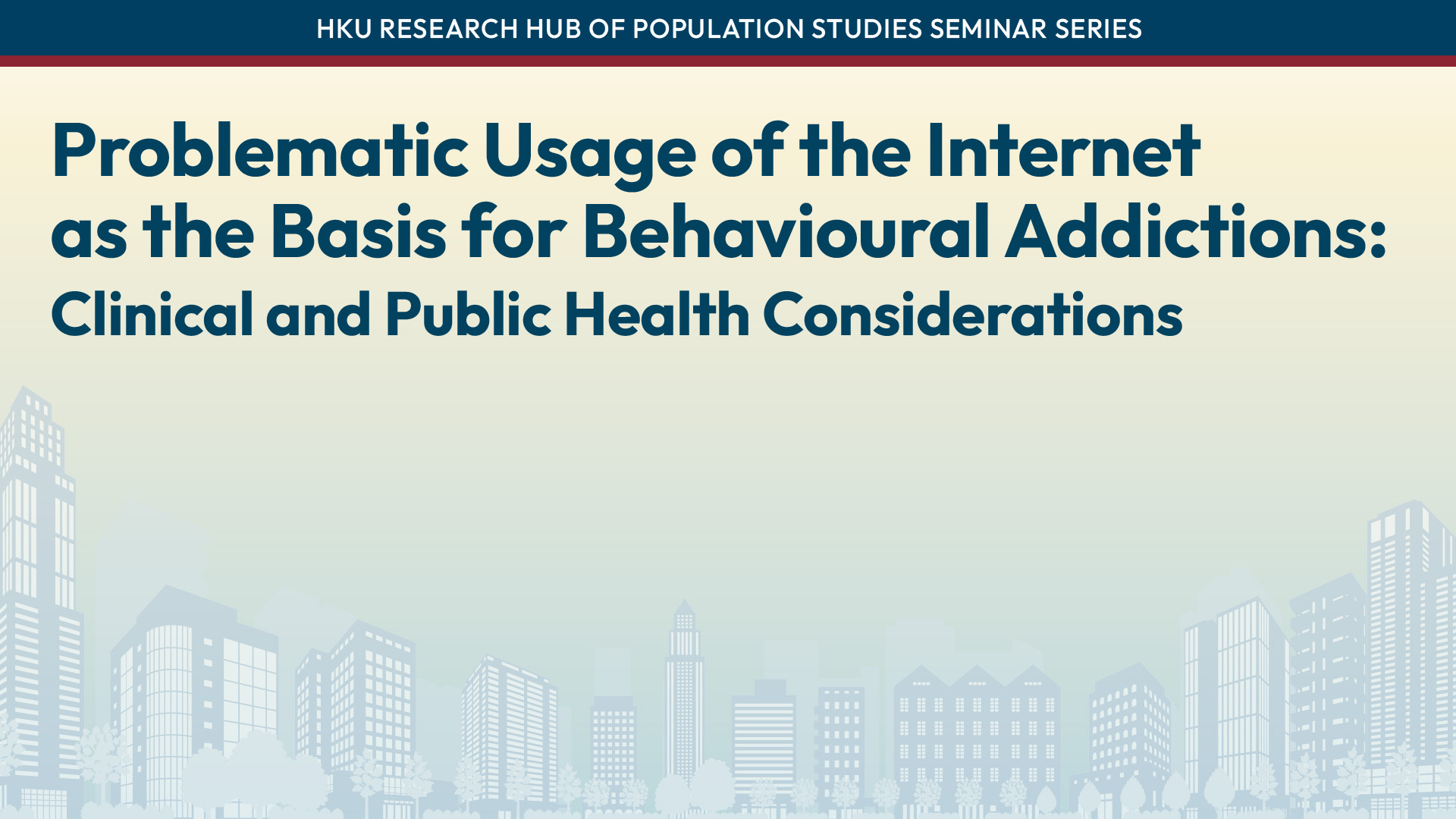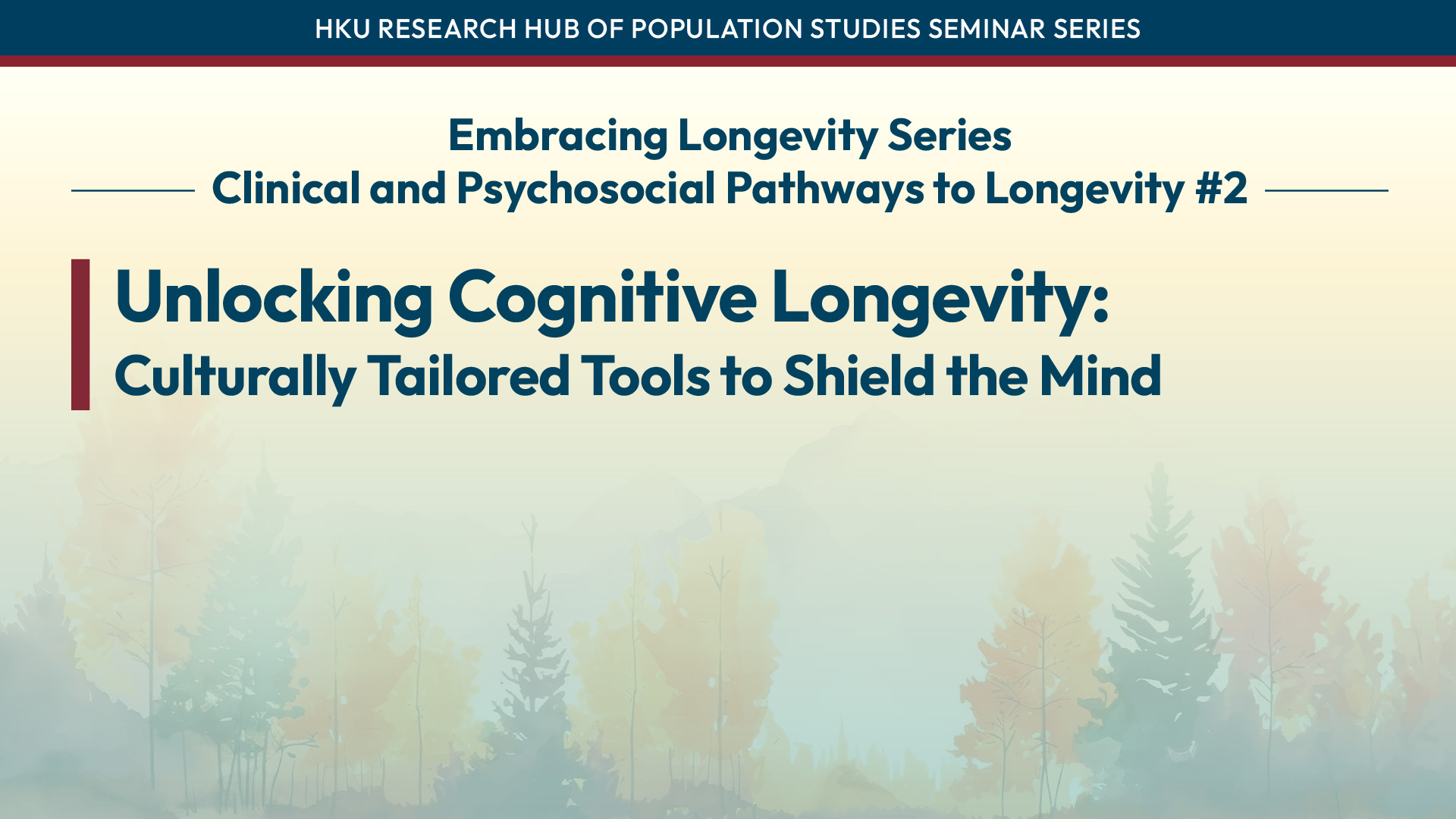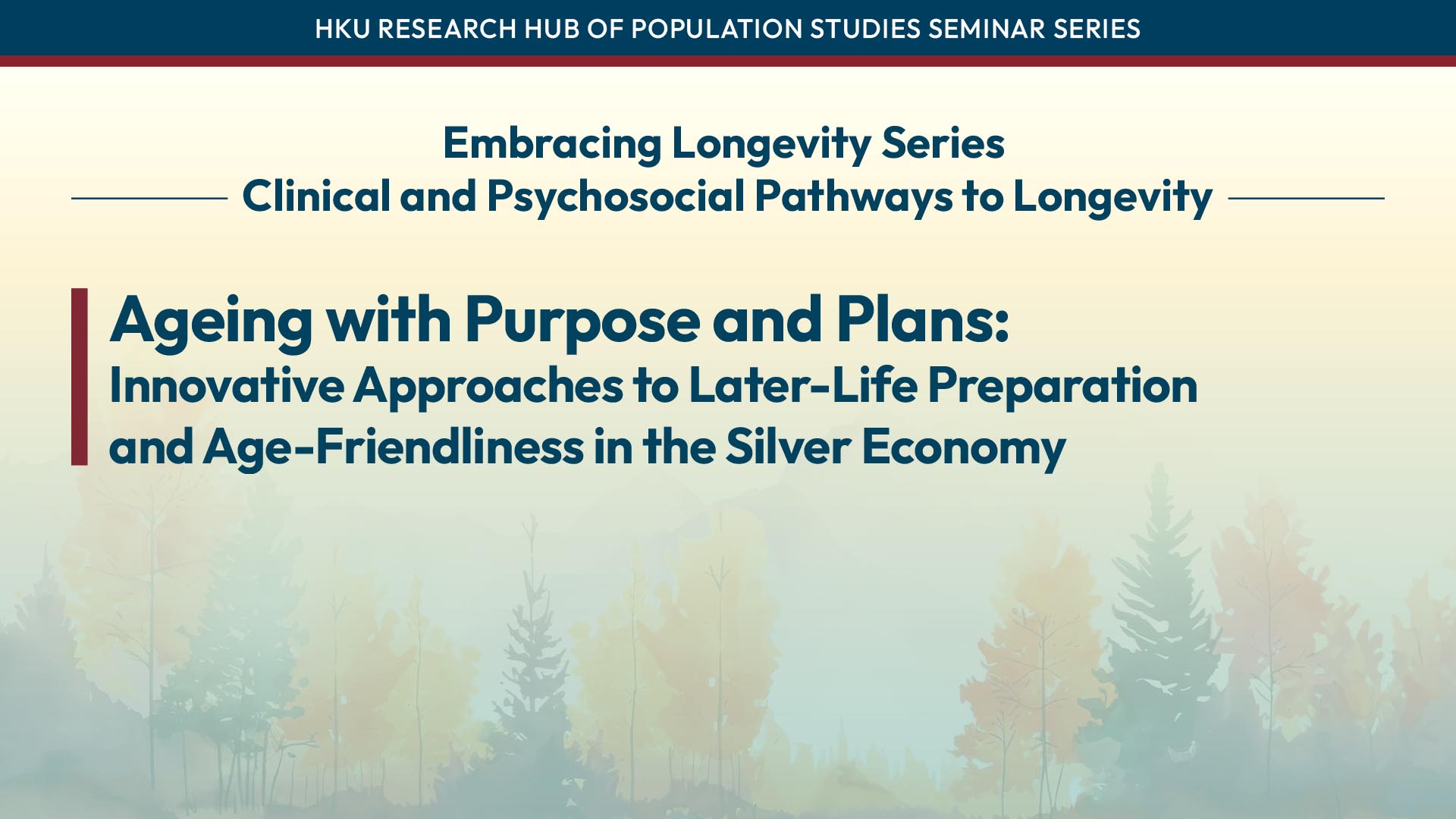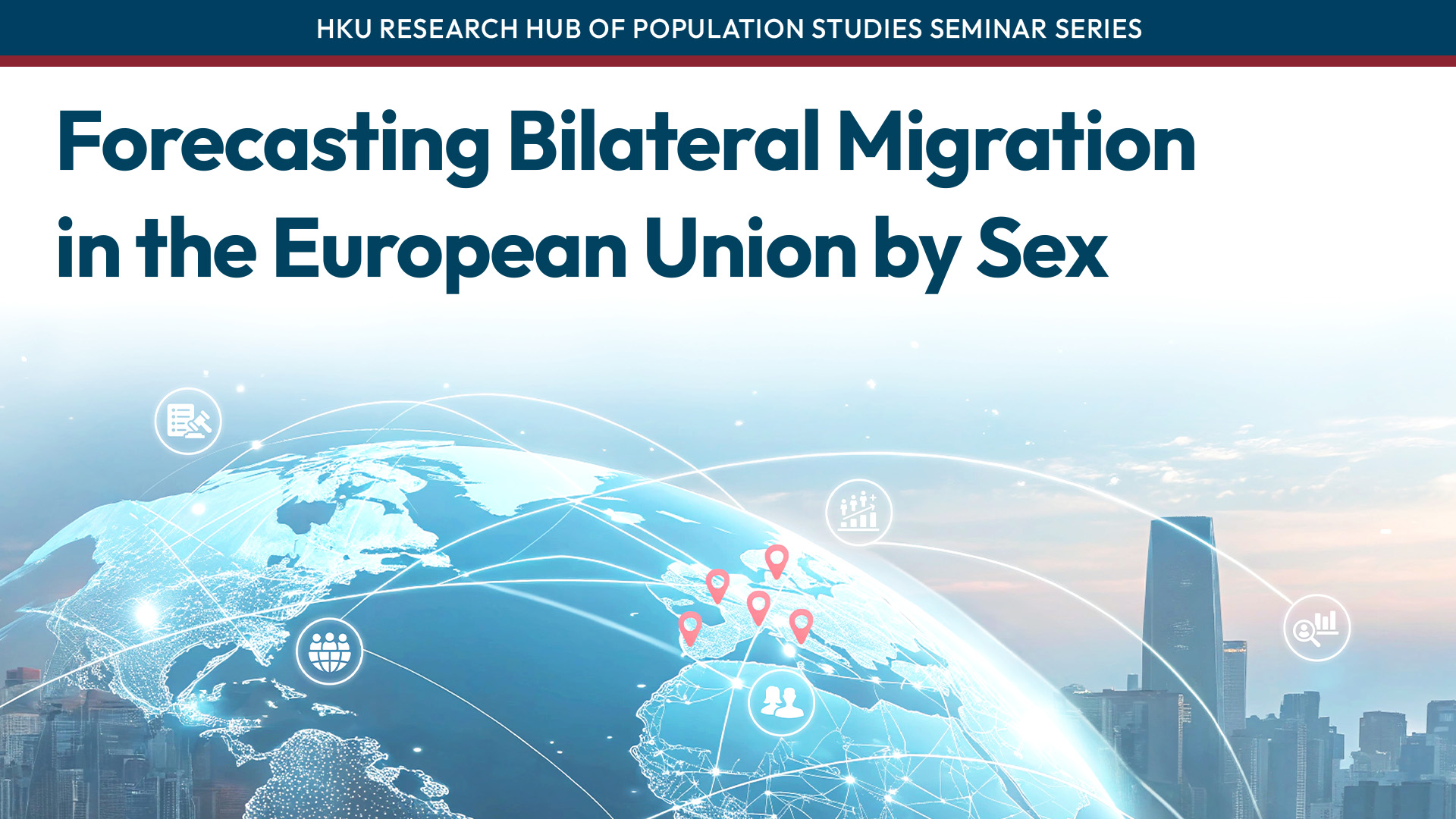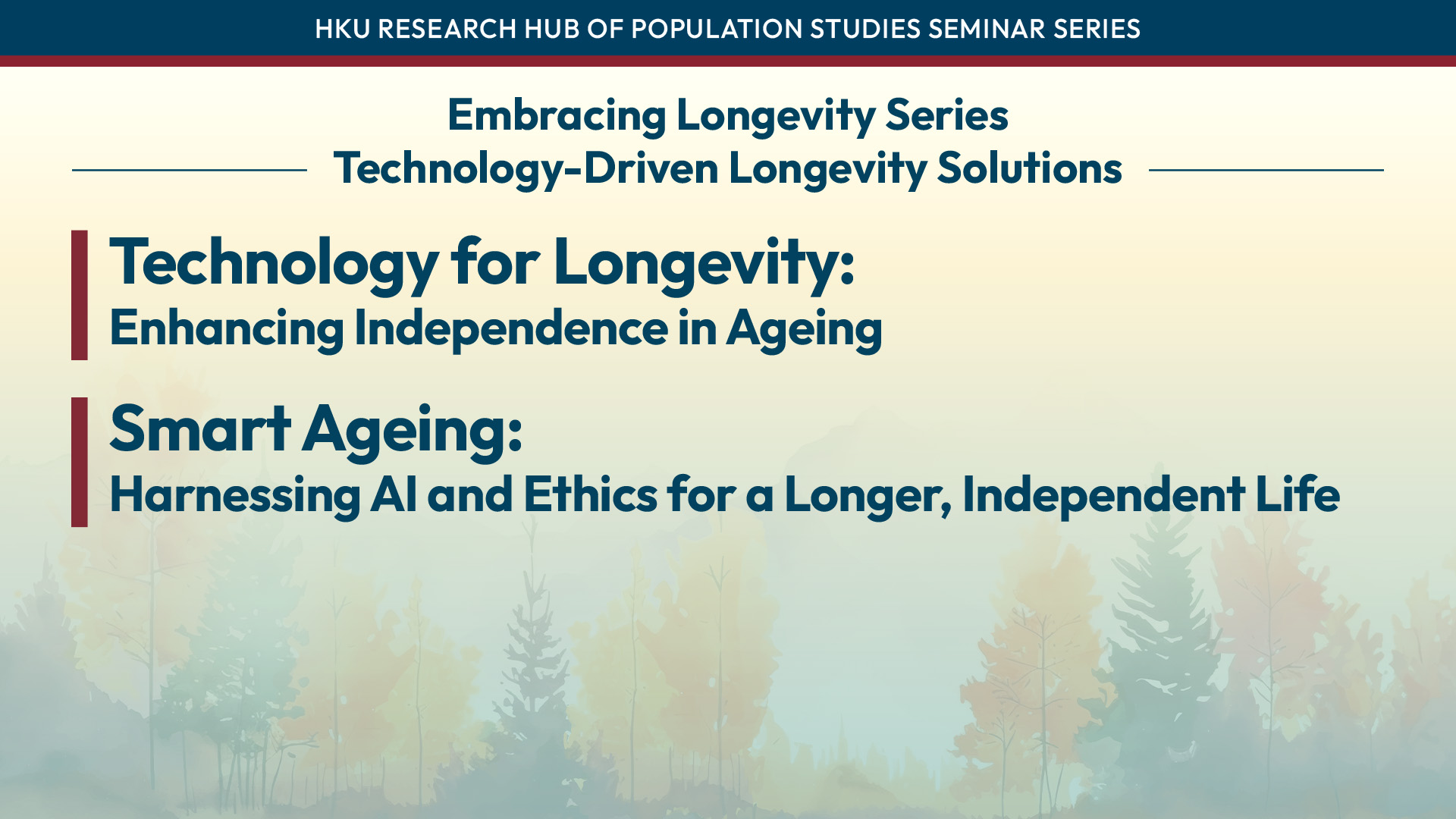January 13, 2023
9:30 – 11:00am (HKT) / 8:30 – 10:00pm (EST)
Via Zoom
To understand the patterns and trends of various forms of inequality, quantitative social science research has typically relied on statistical models linking the conditional mean of an outcome of interest to a range of explanatory factors. A prime example of this approach is the widely used Kitagawa-Blinder-Oaxaca (KBO) method. By fitting two linear models separately for an advantaged group and a disadvantaged group, the KBO method decomposes the between-group outcome disparity into two parts, a part explained by between-group differences in a set of background characteristics and an unexplained part often dubbed “residual inequality.” In this seminar, Dr Zhou Xiang will explicate and contrast two distinct approaches to studying between-group disparities, which we term the descriptive approach, as epitomized by the KBO decomposition and its variants, and the prescriptive approach, which focuses on the amount of disparity that would remain under a hypothetical intervention to one or more manipulable treatments. For the descriptive approach, we proposed the generalized KBO decomposition allows multiple sets of explanatory variables to be considered sequentially. For the prescriptive approach, a variety of stylized interventions was considered, such as lottery-type and affirmative-action-type interventions that close between group gaps in treatment. The two approaches to disparity analysis was illustrated by considering the Black-White gap in college completion in the US, how it is statistically explained by racial differences in socioeconomic background, family structure, academic preparation, and college quality, and the extent to which it would be reduced under hypothetical reallocations of college-goers from different racial/income backgrounds into different tiers of college — reallocations that could be targeted by race- or class-conscious admissions policies.















